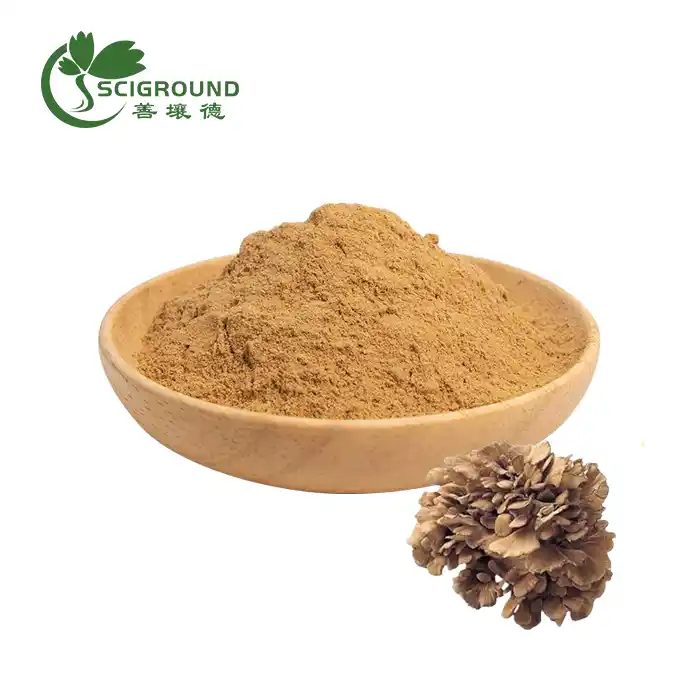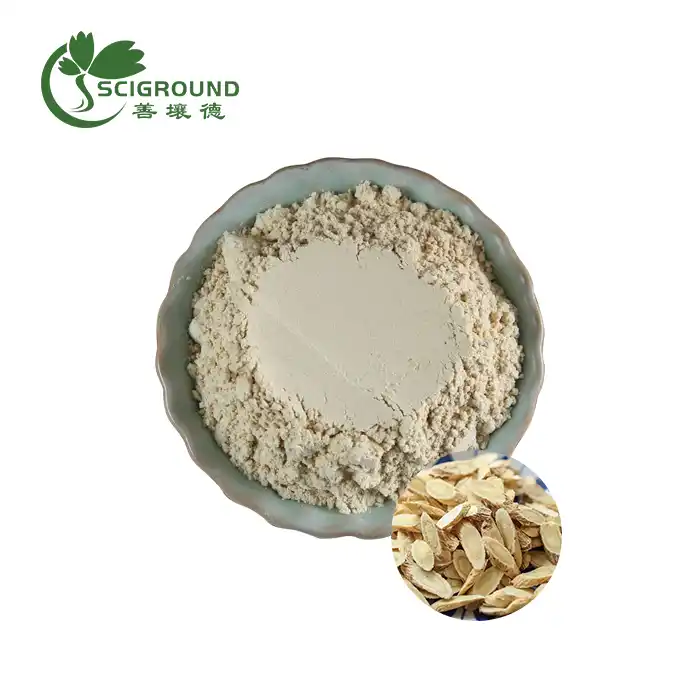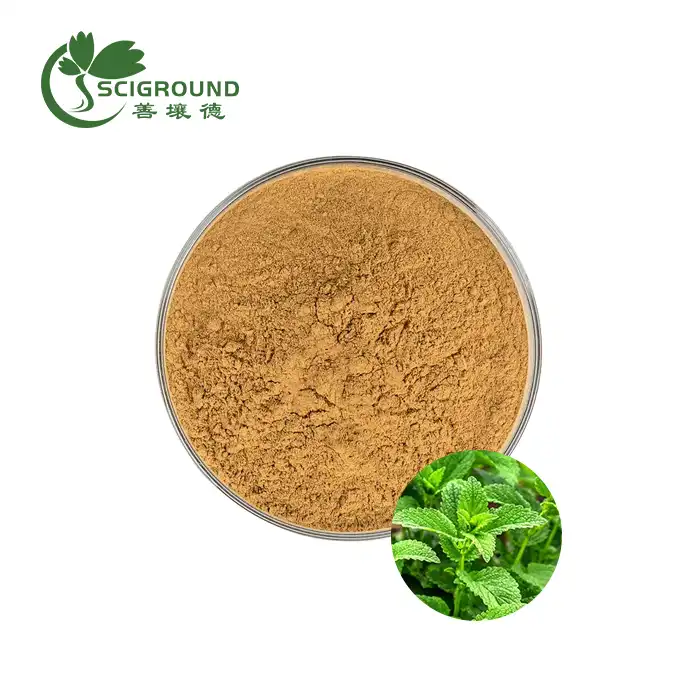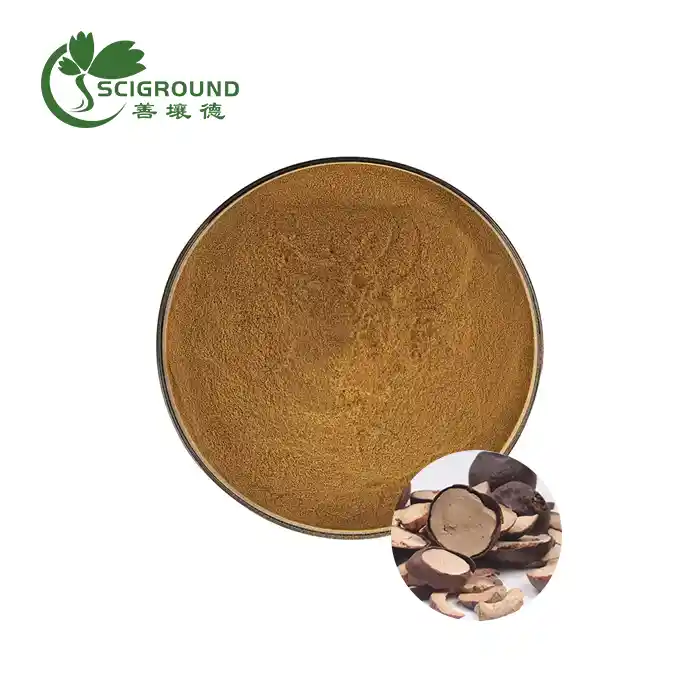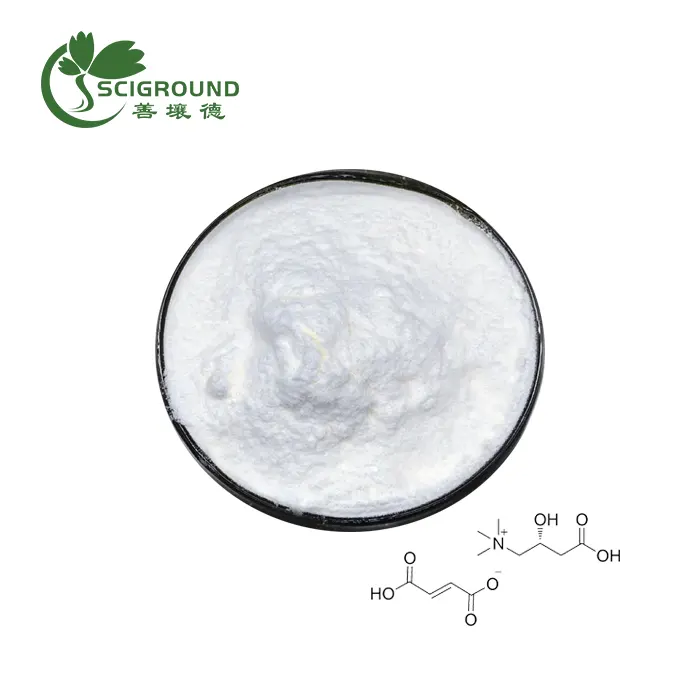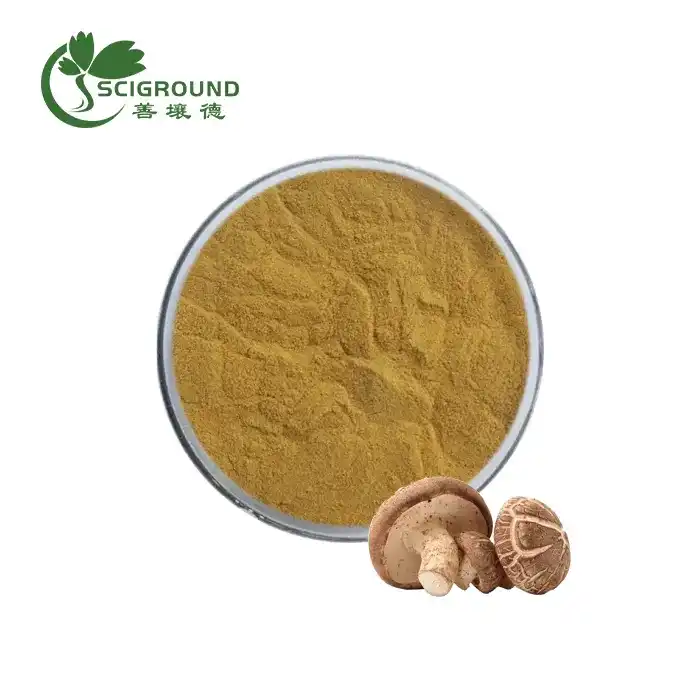How do you use mulberry leaves powder to make tea
In the realm of natural health and wellness, Mulberry Leaves Powder has emerged as a powerhouse of nutrients, drawing attention for its diverse range of potential benefits. Derived from the leaves of the Morus tree, this finely ground powder encapsulates a wealth of vitamins, minerals, and antioxidants. As we delve into the world of holistic well-being, exploring the origins, nutritional content, and promising health advantages becomes an intriguing journey. From blood sugar regulation to antioxidant-rich properties, this unassuming powder has become a versatile addition to culinary creations and dietary supplements, offering a pathway to a healthier and more balanced lifestyle. Join us on an exploration of the myriad ways it is making its mark as a natural, nutrient-rich treasure for those seeking a holistic approach to wellness.
Mulberry leaf powder, derived from the leaves of the Morus tree, is a versatile and nutrient-rich ingredient that can be incorporated into various aspects of your daily routine. Its adaptability allows for creative culinary uses and convenient supplementation, offering a range of potential health benefits.
Smoothies and Beverages:
One of the simplest and tastiest ways to integrate it into your diet is by adding it to smoothies and beverages. Blend it with fruits, yogurt, or plant-based milk for a refreshing and nutritious drink. The mild flavor of mulberry leaf extract allows it to complement a variety of ingredients, enhancing both the taste and nutritional content of your beverages.
Tea Infusions:
It can be used to prepare a nourishing tea. Simply mix a teaspoon of the powder with hot water, let it steep for a few minutes, and enjoy a soothing cup of mulberry leaf tea. This method not only preserves the nutritional benefits of the powder but also provides a warm and comforting way to incorporate it into your daily routine.
Baking and Cooking:
Get creative in the kitchen by incorporating it into your favorite recipes. From muffins and pancakes to energy bars and savory dishes, the powder can be added to a variety of culinary creations. Experimenting with different recipes allows you to enjoy the nutritional advantages of mulberry extract powder in a diverse range of meals.
Supplementation:
For those seeking a more direct and controlled intake of mulberry leaf powder, it can be encapsulated as a supplement. This method ensures a consistent and measured dosage, making it convenient for individuals who prefer a standardized approach to their nutritional supplementation.
Incorporating mulberry leaf powder into your daily routine not only adds a nutritional boost but also provides a delicious and convenient way to enhance your overall well-being. Whether you prefer sipping it in a cup of tea, blending it into your morning smoothie, or experimenting with it in the kitchen, the possibilities are endless, offering a delightful journey towards a healthier lifestyle.

How do you make tea from mulberry leaves?
Making tea from mulberry leaves is a simple and enjoyable process that allows you to harness the potential health benefits of this nutrient-rich plant. Here's a straightforward guide to preparing mulberry leaf tea:
Ingredients:
1 teaspoon of dried mulberry leaves or mulberry leaf powder
1 cup of hot water
Instructions:
Select Mulberry Leaves: Choose fresh mulberry leaves or obtain dried leaves or powder from a reputable source. Ensure they are clean and free from contaminants.
Measure the Leaves: For a single cup of tea, use approximately one teaspoon of dried mulberry leaves or mulberry leaf powder.
Boil Water: Heat water to just below boiling. It's essential not to use boiling water, as extremely high temperatures may compromise the delicate flavors and nutritional components of the leaves.
Place Mulberry Leaves in a Cup: If using whole dried leaves, place them in a tea infuser or directly in the cup. Alternatively, add the mulberry leaf powder directly to the cup.
Pour Hot Water: Pour the hot water over the mulberry leaves or powder.
Steep the Tea: Allow the mulberry leaves to steep in the hot water for about 3 to 5 minutes. Steeping time can be adjusted based on personal preference for tea strength.
Strain or Remove Leaves: If using whole leaves, remove the tea infuser or strain the leaves from the liquid. If using mulberry leaf powder, it can be left in the cup.
Optional Additions: Customize your tea by adding honey, lemon, or other natural sweeteners for added flavor.
Enjoy: Sip and savor your mulberry leaf tea while benefiting from its potential health-promoting properties.
This simple brewing method allows you to enjoy the mild and pleasant taste of mulberry leaf tea while incorporating its potential nutritional advantages into your daily routine.
What does mulberry powder do?
Mulberry powder, derived from the leaves of the Morus tree, offers a range of potential health benefits, making it a sought-after ingredient in natural health and wellness:
Blood Sugar Regulation: Mulberry powder has been studied for its potential to regulate blood sugar levels. Compounds such as DNJ (1-deoxynojirimycin) in mulberry leaves may inhibit carbohydrate absorption, contributing to blood sugar control.
Antioxidant Properties: Rich in antioxidants, mulberry powder helps combat oxidative stress by neutralizing free radicals in the body. This antioxidant activity supports overall cellular health and may contribute to anti-aging effects.
Heart Health: Some studies suggest that mulberry powder may positively impact cardiovascular health by lowering cholesterol levels. This cardiovascular support is attributed to the presence of bioactive compounds like flavonoids.
Anti-Inflammatory Effects: Mulberry powder contains compounds with potential anti-inflammatory properties. This may benefit individuals dealing with inflammation-related conditions or seeking to maintain a healthy inflammatory response.
Nutrient-Rich Supplement: Mulberry powder is a concentrated source of vitamins, minerals, and other beneficial plant compounds, offering a convenient way to supplement one's diet with essential nutrients.
References:
Olatunji, O. J., Chen, H., & Zhou, Y. (2017). Antidiabetic potential of two important polyphenolic compounds, rutin and quercetin: a systematic review. International Journal of Molecular Sciences, 18(3), 1–17.
Andallu, B., Vinay Kumar, A. V., & Varadacharyulu, N. C. (2001). Lipid abnormalities in streptozotocin-diabetes: amelioration by Morus indica L. cv Suguna leaves. International Journal of Diabetes in Developing Countries, 21(1), 13–16.
Related Industry Knowledge
- What is the agar powder?
- What are the phytochemicals in Achyranthes aspera?
- What are the Benefits of Alfalfa Extract Powder
- Is quercetin the same as CoQ10?
- Is Polygala an adaptogen?
- Are Persimmons Good for You?
- Exploring Rice Protein Powder: Benefits and Versatile Uses
- Ganoderma Lucidum Extract Powder: A Potent Medicinal Mushroom for Health and Wellness
- Corn Silk Extract Powder: Unveiling the Health Benefits of Nature's Hidden Gem
- Ganoderma Lucidum Extract Powder: Unlocking the Benefits of Nature's Treasure
